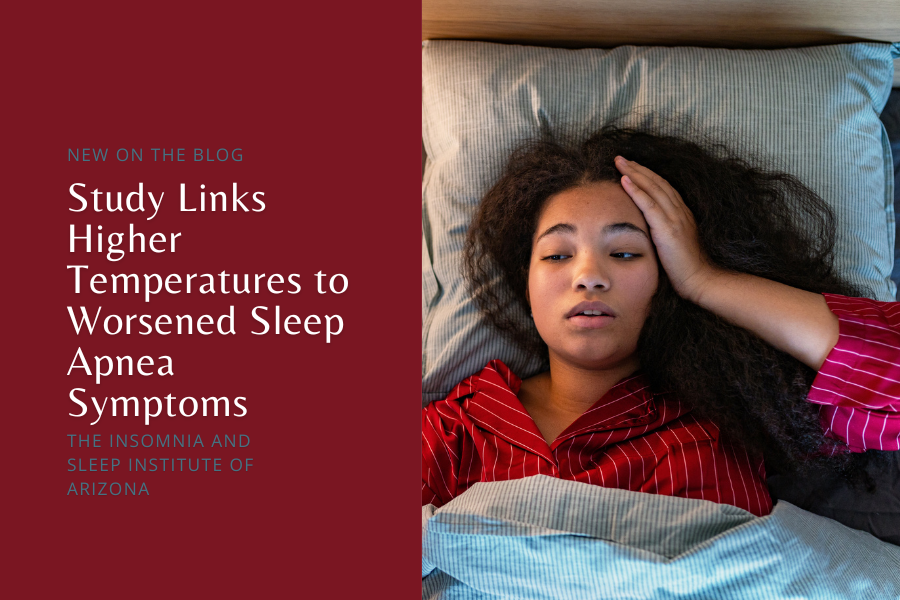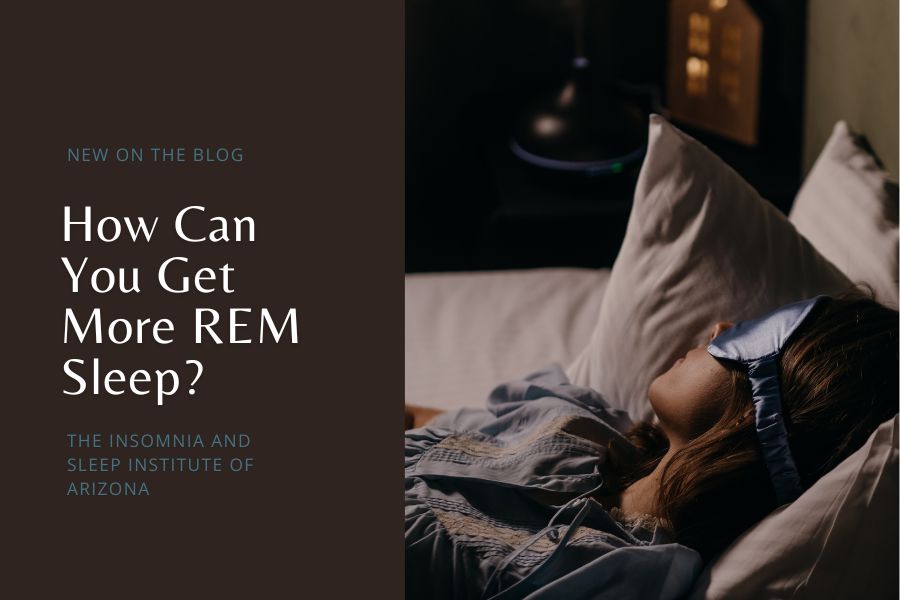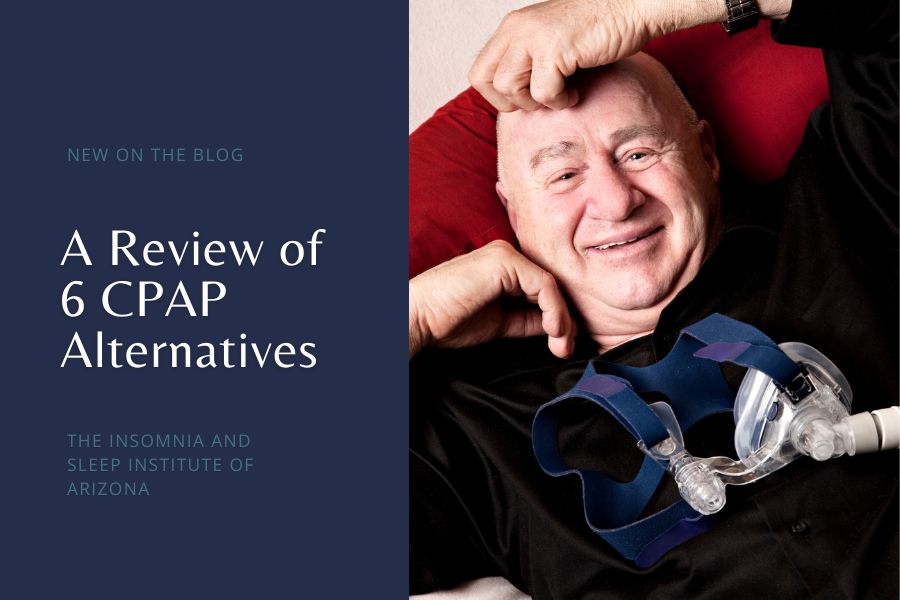The Insomnia and Sleep Institute of Arizona is home to the “Top Doc” for the past five consecutive years, and is staffed completely by a team of sleep specialists who concentrate exclusively in sleep medicine. Considered the “Face of Sleep Medicine” in the Phoenix area, we are proud to set the standard in sleep medicine. Our institute offers patients unprecedented access to a clinical psychologist focused on cognitive behavior therapy for insomnia, three sleep specialists, nurse practitioners trained in sleep medicine, a physician assistant (PA) with a Masters in Sleep Medicine, and an impressive array of teams including respiratory therapists and medical assistants (MAs) supporting them.
At The Insomnia and Sleep Institute, we are driven by outcomes. Physician-owned by Dr. Ruchir P. Patel and staffed by board-certified and fellowship-trained sleep medicine doctors and support teams, there is nobody else you want caring for you and all of your sleep-related needs in Phoenix. We are a comprehensive sleep medicine center, not just a testing facility. Established in 2013, we are dedicated to providing you with the gold standard in care.
Sleep Care Convenience
The Insomnia and Sleep Institute has two locations in the Phoenix Valley region, located in Gilbert and Scottsdale. Patients of all ages are welcome, including children. Pediatric sleep medicine care is not necessarily offered at other clinics, even though up to 15 percent of our patients are children as young as two. Correctly diagnosing and treating sleep disorders as soon as possible is critical to lifelong management and avoiding sleep-related issues. That’s why The Insomnia and Sleep Institute is also home to clinical sleep disorder trials—and we are the only sleep clinic in the city offering such sleep trials.
Caring for many sleep disorders requires a long-term approach, since many of these disorders are chronic. This often includes sleep apnea, narcolepsy, insomnia, and restless legs syndrome. Participating in clinical trials can be a great way to potentially be among the first to experience new treatment approaches, but also plays a key role in helping to advance the latest techniques aimed at treating sleep disorder. You can contact The Insomnia and Sleep Institute to learn more about clinical trials, your eligibility, and information on the efficacy and safety of these trials.
Choosing Your Sleep Medicine Center
When you are considering sleep medicine clinics, you deserve a clinic that is serious about sleep—and we are. This is why every sleep medicine doctor at The Insomnia and Sleep Institute is formally trained and has completed board certification or other advanced training specifically in sleep medicine. We are also committed to ongoing education since best practices and new techniques or technologies are always evolving. Everyone needs and deserves “good sleep” in order to achieve quality of life and better health. We’ll help you on your journey to better sleep and, in turn, a better life.
Sleep Issues in America
The Centers for Disease Control (CDC) report that Americans are sleep-deprived at a chronic level, with one-third of U.S. adults not getting the amount of quality sleep they need. There are many co-morbidities linked to lack of sleep, such as higher rates of diabetes, obesity, high blood pressure, and cardiovascular diseases. Sleep is an integral part of our comprehensive health, and lack of sleep or low-quality sleep can negatively affect our mental, emotional, and social health. Sleep is a necessity, not a splurge (as many tend to believe in today’s busy world).
If you have been struggling with getting enough sleep or enough high-quality sleep, you may have a sleep disorder. Some are acute, many are chronic, but all sleep disorders can be managed. If you are a parent and have noticed your child is presenting signs of sleep deprivation, such as fatigue during the daytime or struggles to go to sleep, stay asleep, or wake up, help is available.
There are many types of sleep disorders, and the two types of sleep apnea are some of the most common. However, you may not realize you have sleep apnea since the key symptoms occur while you’re asleep. Many with sleep apnea first learn about their symptoms from someone who shares a bed with them and points out they snore or have episodes where they stop breathing. If you have heard such complaints from someone who shares your bed (or room), it’s time to visit a sleep specialist because sleep apnea can be dangerous if left un-managed. Call our office at (480) 745-3547, or complete the contact form and take the first step toward better sleep.








